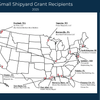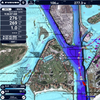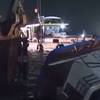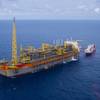On Dec. 7 the US Supreme Court heard the oral arguments of Intertanko, the US federal government, and the State of Washington in the State of Washington tanker regulations case. The hearing lasted just over one hour, with the Intertanko counsel using 15 minutes, the Justice Department 15 minutes and the lawyer for Washington State 30 minutes. This was followed by questions from the justices and a final summing up, with two minutes allowed to each of the three parties. Intertanko's US legal counsel, Jonathan Benner, reports that the nine Supreme Court justices were well prepared and understood the arguments. The questions put to the Intertanko and the US federal government attorneys were 'reasonable and sought clarification of certain points'. At this stage it is impossible to judge the outcome, but the Intertanko participants at the hearing felt that the merits of the arguments put forward by Intertanko and the US federal government were appreciated by the Supreme Court. The final decision is expected sometime in the six-week period from late March to mid-May 2000. At that point the Supreme Court will issue either a clear decision or a remand in which the case is turned back to the District Court in Seattle with clear instructions on how the Supreme Court justices believe it should be decided.
As originally drafted, the Washington State regulations required US and foreign tankers carrying oil in Washington waters to comply with a number of unique requirements governing shipboard equipment and ship operational, management and crewing standards. Intertanko brought suit against these rules in 1995 on the grounds that they were constitutionally invalid due to the existence of similar international and US federal regulations. In June 1998 the Ninth Circuit Court issued a mixed decision, striking down those Washington State rules requiring specific equipment on tankers, such as emergency towing gear, differing from that mandated internationally, but upholding those state rules laying down special ship operational, management and crew training standards.
Following the partial success achieved with this decision, the Association decided to press on with its case and to seek a hearing with the highest court in the US, an initiative which proved successful. In its argument before the Supreme Court, Intertanko pointed out that the proliferation of variable local regulations governing vessel safety and environmental protection not only places at risk the validity of the international safety regime but also ultimately jeopardizes the natural environment that Washington State is seeking to protect. The US federal government has supported Intertanko with its legal action at both the Circuit Court and Supreme Court levels. (Source: Intertanko)
Sponsored Content
Safer Starts Here: Build Ships, Protect Crews

Featured videos
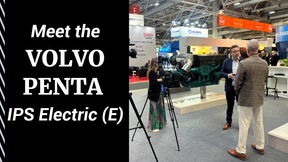
Meet the Volvo Penta IPS Electric (E)
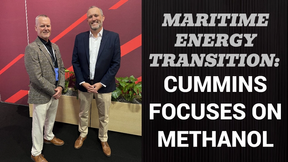
Maritime Energy Transition: Cummins Focuses on Methanol
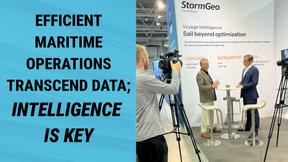
Efficient Maritime Operations Transcend Data; Intelligence is Key
July 2025
 Read the Magazine
Read the Magazine

 Read the Magazine
Read the Magazine
This issue sponsored by:

The Golden Ticket – VIP access & invitation to take an active role in History
Subscribe for
Maritime Reporter E-News
Maritime Reporter E-News is the maritime industry's largest circulation and most authoritative ENews Service, delivered to your Email five times per week



